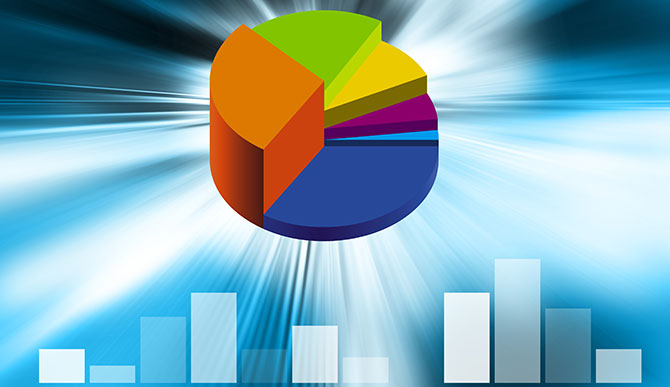
When it comes time to choose a CRM solution for your business, technical considerations are usually the first things that spring to mind. Can the solution easily integrate with existing systems and tools (emails, social media, website, ERP)?
Of course, the ergonomics of the solution, its ease of use in mobile mode or its ability to adapt to processes are also criteria that a company will think of. However, the CRM solution’s reporting function is usually overlooked.
Very often, vendors boast of solutions that can provide such reports. Visual examples are even presented. These usually consist of pre-configured reports which will reassure the purchaser and keep them from examining this function in an in-depth way such as they do with the ones mentioned above.
The importance of reports in a CRM solution
Yet reporting is a CRM solution core service. Thanks to reporting, you’ll be able to see your business from the inside and ultimately get to know it better. This in turn, will guide you in your decision-making. You’ll also realize that the pre-programmed reports are helpful but certainly not sufficient because your business is unique and requires specific reports that you need to program, or have programmed.
Addicted to reports
Once your CRM solution is in place, with complete, accurate and up to date data (Let’s dream a little here), you will quickly become “addicted” to the reports that assess your sales team, make predictions about your business figures, etc. … That’s usually when the first disappointments appear and as you discover some of the limitations a CRM solution can have.
Reporting needs
To avoid this, it is appropriate that the company quickly plan out its reporting needs at the time it is selecting the CRM solution. Accordingly, it must anticipate the different types of reports required. Here are a few of the items to be determined for each report:
- Objective
- Recipient
- Frequency
- Visual appearance
- Type of data it will use
Consult everyone in your business
The most important reports will be included in the dashboards specific to each CRM user. So understandably, overlooking the reporting functionality is neglecting an important part of a CRM. Don’t hesitate to consult the different branches of your business such as marketing, customer service and sales. Also, consult with different levels inside these branches (manager, technician, representative) to take their reporting needs into account. In addition to using your solution to its full potential, you’ll make allies in its adoption by demonstrating its relevance!
If you’d like to find out more about how to choose a CRM solution that’s right for your business, don’t hesitate to consult with specialists.




